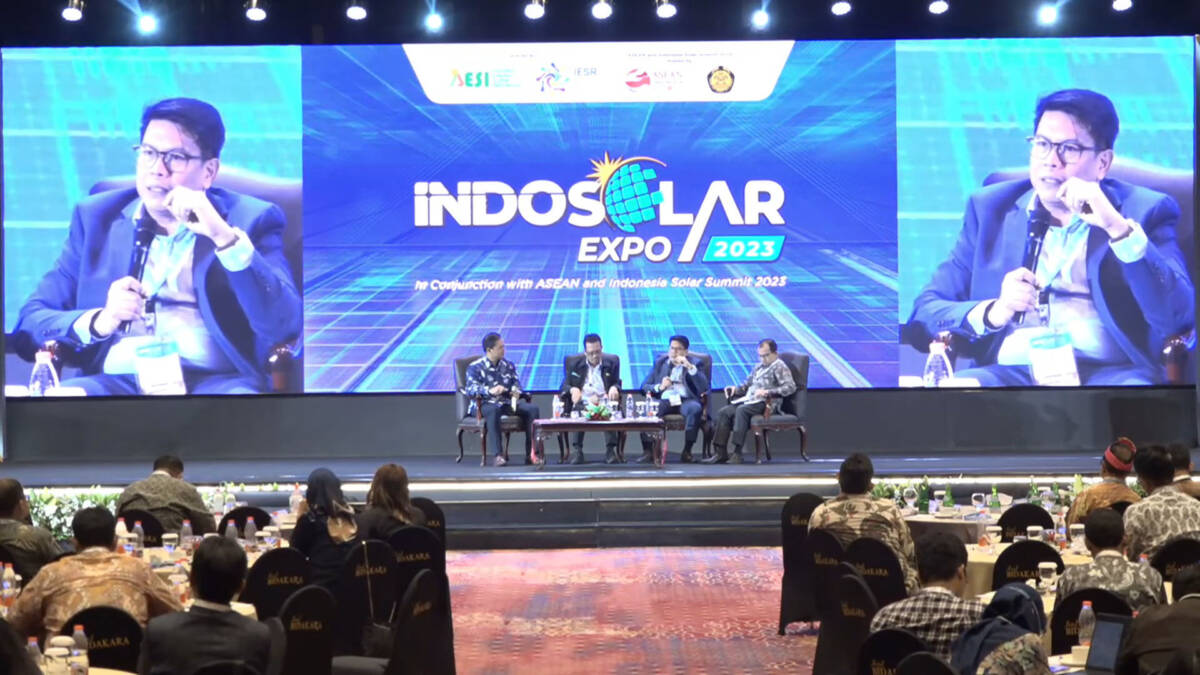Energy expert Fabby Tumiwa said on Tuesday that ASEAN should develop its solar photovoltaic (PV) manufacturing facility as the technology is set to become a hot commodity globally in the…

Jakarta, July 26, 2023 - Indonesia's swift progress in the energy transition hinges upon the nation's ability to cultivate a robust domestic solar energy industry. This imperative message was conveyed…

Jakarta, July 26, 2023 - The Indonesia Solar Summit 2023, hosted by the Ministry of Energy and Mineral Resources and co-hosted by think tank Institute for Essential Services Reform (IESR),…
